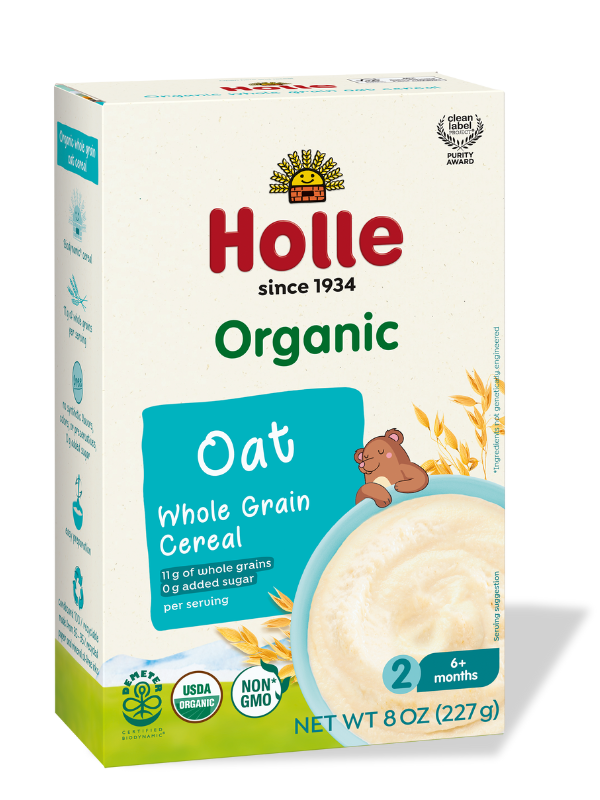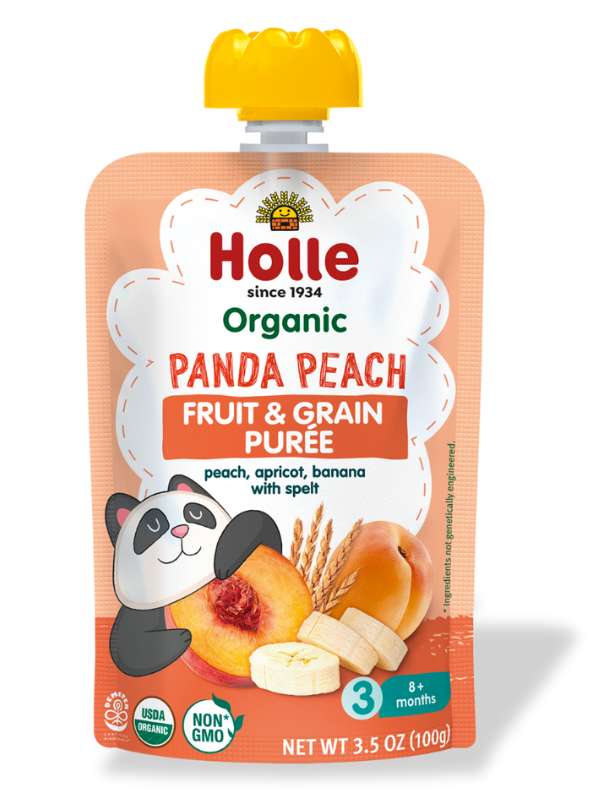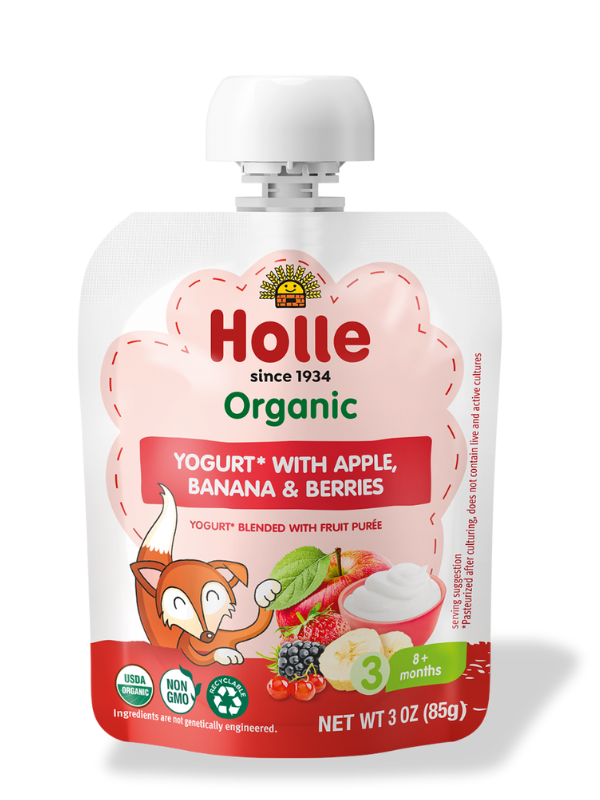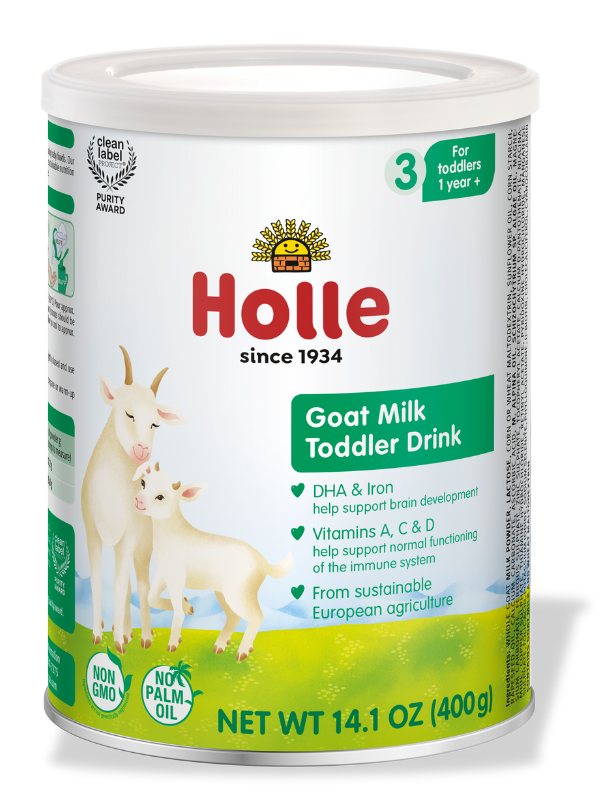Trying to navigate nutrition claims as a new parent can be overwhelming, to say the least. You’re committed to finding the most wholesome option to feed your little one’s growth, but confusing descriptions from conflicting sources leave you with more questions than answers.
Maybe more of your friends are testifying about feeding A2 milk to their toddlers lately and you’re wondering what all the excitement is about. If you find yourself questioning how and why A2 milk could possibly be “better” than classic A1 milk, you’re not alone.
We’ve been there, and we’re here to help. We’re diving into some benefits of A2 milk and clearing up common questions we hear from curious parents.
Benefits of A2 Milk
You may have seen more and more information about the benefits of A2 milk popping up lately. A2 milk has risen in popularity in recent years and has been celebrated as a more easily digestible alternative to standard A1 milk. In addition to being easy on the organs, A2 milk has a number of other nourishing benefits.
Essential Nutrients
A2 milk has protein, calcium, potassium, and phosphorus. These are important to the support of healthy muscles and bones in growing babies and tots.
A2 milk is also a source of important minerals. Minerals can support strong bones and teeth, as well as blood pressure, muscle function, tissue and cell growth.
Vitamins A, C & D are all found in A2 milk, and help support normal functioning of the immune system. A2 milk has B vitamins, including the vitamin B12 which can help produce red blood cells to keep the body healthy and energized.
And if that wasn’t impressive enough, A2 milk even contains DHA and Iron!
Digestion
It’s not lactose free, but A2 milk is still easier to digest than other varieties. This is because it contains a specific type of protein called A2 beta-casein.
Regular milk contains A1 beta-casein, which releases Beta-casomorphin-7 (BCM-7) during digestion. BCM-7 is thought to be the culprit behind many of the gastrointestinal issues people experience after drinking the traditional form of dairy.
If A1 milk upsets your baby’s belly, you may find A2 milk offers a wonderful alternative. A2 milk is packed with as many nutrients as its more well-known cousin, but without the potential discomfort to sensitive stomachs.
Is Holle’s A2 Milk Better?
At Holle, we believe in always providing the best that nature has to offer. All of our food is produced sustainably with the highest quality European ingredients.
Our shelf-stable A2 milk comes from heritage cows with ancient Middle Eastern and Indian genetics that are grass-fed and graze on lush fields and pastures. The amazing quality and flavor in all of our dairy formulations reflects the purity of our processes.
Both our A1 and A2 products are both great options for your child, and the decision of which one to opt for is up to you and your child’s needs or preferences. For children age one and up, our milk is a source of nutrients to fuel their well-being. If your toddler shows signs of a sensitive stomach, our A2 milk could definitely be the better option for you.
Sources:
https://pubmed.ncbi.nlm.nih.gov/27039383/











